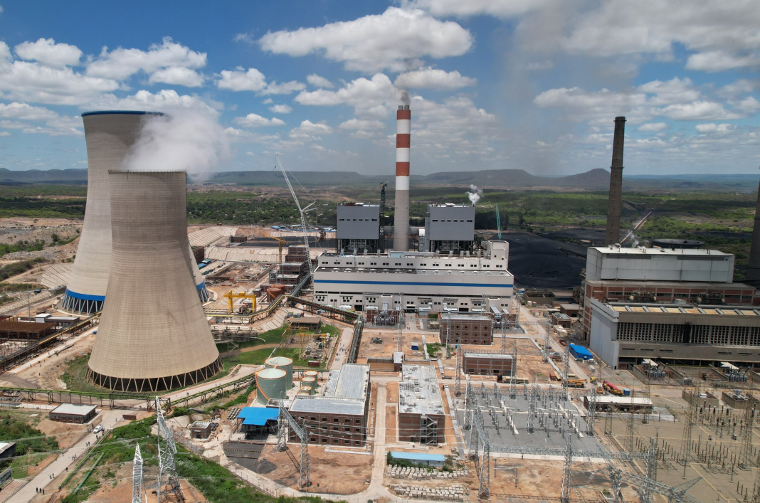Moving on to the suggestion which was made by the Hon. Member that we could allow individuals to supplement using solar system and he has suggested that taxes be removed on imports of solar modules, that is already in place and I will ask the Hon. Member to have a discussion with me on what he has experienced. As far as we are concerned, solar panels are coming duty free into the country. Again, we have a facility called net metering where if you have your solar system at your roof top and you are generating in excess of what you require, you can send the excess into the grid. This time ZESA has agreed that instead of just accruing some units, ZESA will soon be paying for the unit that will be sent to the grid. There is also virtual connection, for instance, one might be having two more facilities that have to be linked to one account, that is now possible through net metering facilities. We have quite a number of mechanisms by which we think we will be able to deal with the current power situation. Going into the future, we are also looking at developing some big projects like Batoka which is on the cards and there are some plans to obtain funding for that project.
THE TEMPORARY SPEAKER (HON. MUTOMBA): Hon Minister, may be for the benefit of the Hon Members, yes you have touched on the solar panels which you have said are duty free, what about the lithium batteries? If you could clarify on that one.
HON. SODA: All renewable energy equipment is imported into the country duty free. I thank you.
HON. GABBUZA: When fuel was a problem in this country, Government moved in to ensuring that it is sold in foreign currency. Since there is a shortage of foreign currency to import energy, would the Minister consider incentivising those who are able to pay in foreign currency so that they settle their bills in foreign currency by a certain incentive so that we sort out this problem of foreign currency shortage.
HON. SODA: We have some companies that are producing their wares for export and those are supposed to pay their bills in foreign currency. We have exporters, those that are producing 80% of their wares which find their way out of the country, they are regarded as exporters and they are supposed to defray their bills in foreign currency. Then we have partial exporters, those that are above 35% but below 80%, they also have a portion which they are supposed to pay in foreign currency. That is already in place. What we may not do immediately is to ask the domestic consumers to pay their bills in foreign currency. That, we will not do in the interim until we have ascertained that they are earning their income in foreign currency. We will continue to receive that income in local currency but there is a mechanism to preserve that tariff to remain at the US$0.1063 equivalency but being in local currency. I thank you.
(194 VIEWS)

